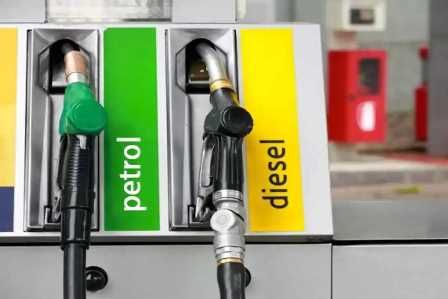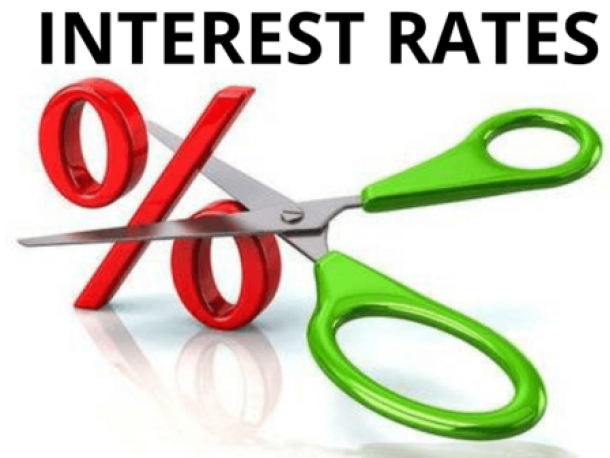
Major Petrol Price Changes on the Horizon
The Department of Mineral and Petroleum Resources is in talks with National Treasury to lower the cost of fuel, with a move to change to both petrol and diesel prices in South Africa.
For some time now, the government has been in the process of planning these changes. In July at the Opening of Parliament, President Ramaphosa announced a review of how prices are calculated. Ramaphosa announced that the GNU is striving to lower the costs of essential items for South African.
At the 2024 Africa Oil Week Conference, Gwede Mantashe, Minister of Mineral and Petroleum Resources, delivered a keynote speech in which he expressed his belief that the optimal price for petrol and diesel should be R14 per litre. “The price of fuel is part of the cost of living. When the fuel price goes up, the cost of living in South Africa increases. This is not good for society,” he said.
The conversations revolve around the inclusion of the fuel levy and road accident fund levy in the price of petrol and diesel, exploring the wisdom behind it. As it stands the cost of taxes and levies amounts to R6.18 for every litre of petrol and R6.06 for every litre of diesel. These taxes are all under the jurisdiction of the National Treasury. Among them are the General Fuel Levy (GFL), Road Accident Fund (RAF) Levy, and a carbon tax.
According to Mantashe, these distortions affect the price of petrol and diesel in South Africa. He also mentioned that talks with the National Treasury would be wrapped up promptly.
Modifying the levies imposed at the pump would pose a challenge, given their crucial role in generating government income. During the previous fiscal year, the government received a total of R93 billion from the general fuel levy. In the last 10 years alone, its collections have reached a staggering R730 billion.
The general fuel levy generates revenue that the government can freely allocate as it sees fit. Conversely, the RAF levy is specifically directed to the fund and its operations.
According to Charles de Wet, an executive at ENS Africa's Tax Practice, mismanagement of government funds has led to the general fuel levy becoming a significant factor in the fuel price. “What we have seen previously is that the GFL has been used to boost government revenue and try to balance the budget,” he said.
The significance of this tax for government income and its ease of collection indicate that the state is unlikely to decrease it.
De Wet suggested that the GFL could potentially decrease from its current rates of R3.85 per litre for petrol and R3.70 per litre for diesel in the future. However, for the time being, it is highly improbable that any adjustments will be made to these rates.
“From 2015 onwards, regulated levies on the fuel price have made up a larger portion of the final retail price of petrol than the Basic Fuel Price, which is largely determined by the international price of oil. The retail margin, RAF levy, and transport cost components increased by 40%, 44%, and 49%, respectively, in real terms over the decade leading up to the end of 2022,” says dailyinvestor.com.
The increase in prices is attributed to a combination of deliberate policy choices, institutional shortcomings such as those linked to the RAF, and the specific pricing techniques employed by the Department of Mineral Resources and Energy.
News Category
- International retailers
- On the move
- Awards and achievements
- Legislation
- Wine and liquor
- Africa
- Going green
- Supplier news
- Research tools
- Retailer trading results
- Supply chain
- Innovation and technology
- Economic factors
- Crime and security
- Store Openings
- Marketing and Promotions
- Social Responsibility
- Brand Press Office
Related Articles

Shoprite increases executive pay as consumers t...

Unions slam SA retailers for ‘profiteering’ as ...

Retailers not cutting food prices fast enough -...

SA retailers confidence remains in contractiona...


